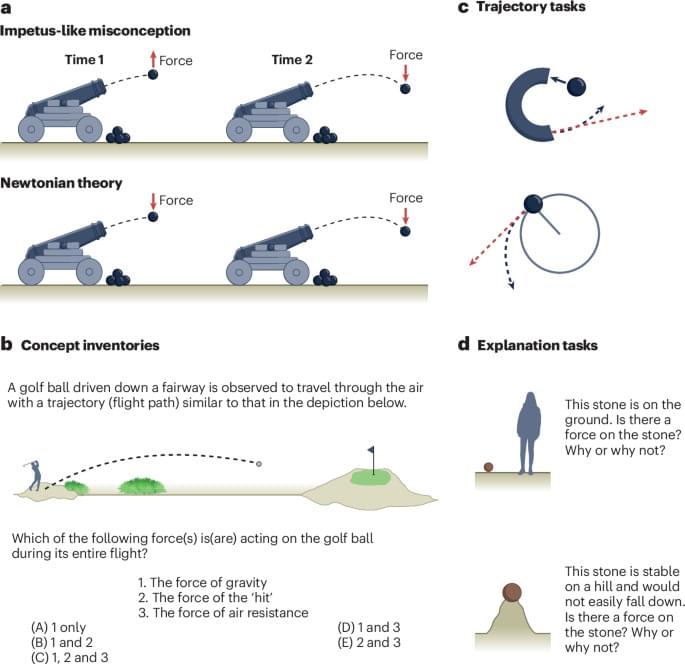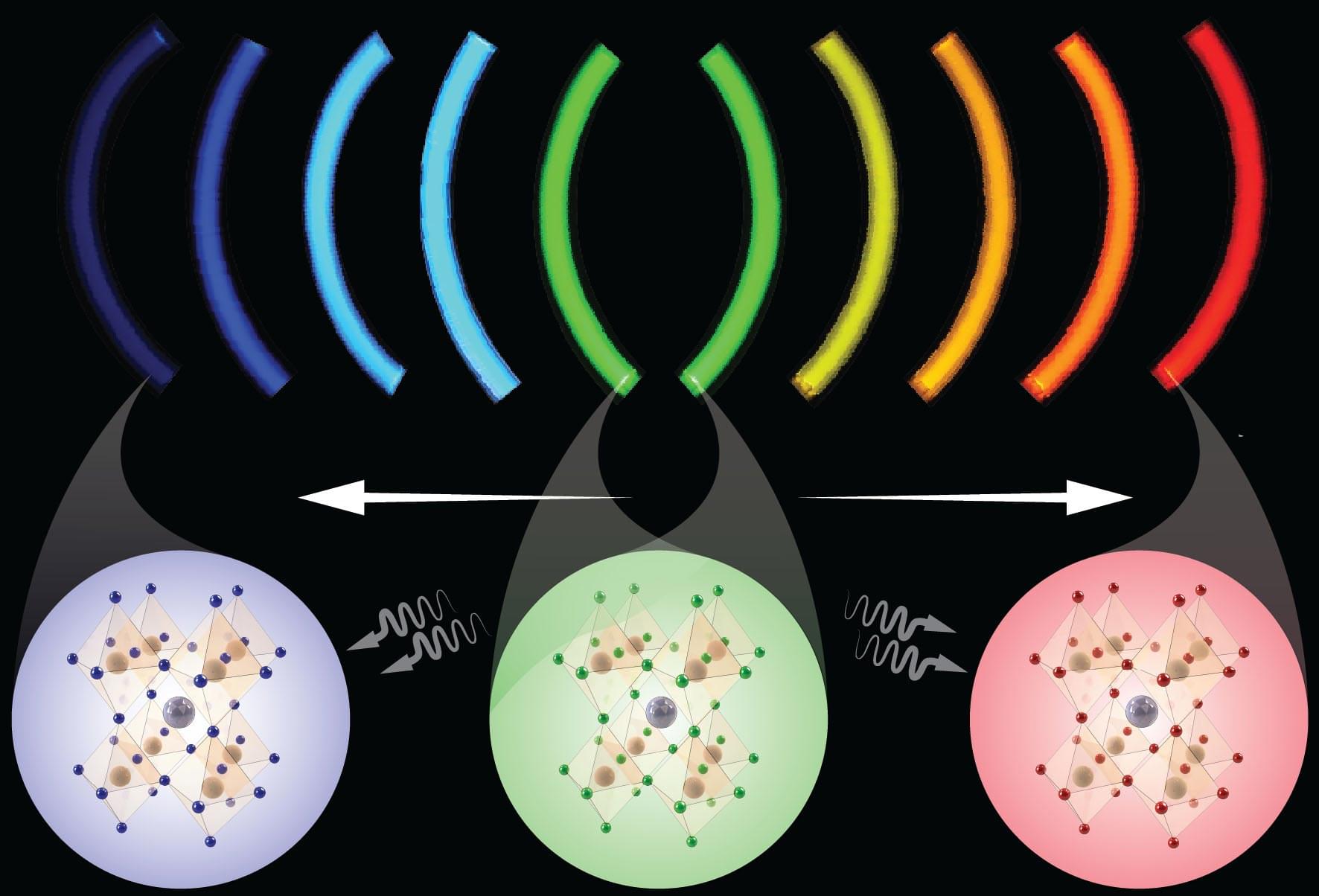In today’s AI news, Alibaba Group plans to invest more than $52 billion on AI and cloud infrastructure over the next three years, in a bid to seize more opportunities in the artificial-intelligence era. The spending of at least 380 billion yuan, equivalent to $52.41 billion, will surpass the company’s AI and cloud computing investment over the past decade, Alibaba said in a post Monday on its news site.
And, at the Global Developer Conference, an AI community event hosted in Shanghai over the weekend, open-source developers from around China congregated in a show of exuberance over the possibilities of AI since DeepSeek’s resource-efficient models captured the world’s imagination. Use cases on display included everything from robotics to virtual reality glasses.
Then, John Werner poses the question, what if you could just run to the supply room, and Xerox an entire firm? What would that look like? Well, it might be expensive. But probably not as expensive as humans. John says, Dwarkesh Patel gives us an idea in a new collaborative essay Jan. 31 talking about the potential for all-AI companies. Suggesting that “everyone is sleeping on the collective advantages AI will have” …
And, agents capable of handling shopping-related tasks, optimizing supply chains, and creating personalized customer experiences are already here. Retail, in particular e-commerce, has been the poster child for agentic AI and is a sector where there is a lot of hype but also some very compelling use cases. So, let’s explore what’s happening in this space and what we can expect to see in the future.
In videos, during the 2025 Annual Meeting of the World Economic Forum in Davos, Switzerland, the chairman, founder and chief educational technology scientist of Squirrel AI Learning, Derek Haoyang Li, discusses with Forbes’ Randall Lane, the research, technology and success behind the Shanghai company’s innovative adaptive education models.
Meanwhile, as AI chatbots become more personal and proactive, the line between tool and companion is beginning to blur, with some users even professing love for their digital aides, says business consultant Amaryllis Liampoti. She presents three foundational principles for how brands can harness AI to build deeper emotional connections with consumers while prioritizing well-being, transparency and autonomy —
In other advances, Professor Danfei Xu and the Robot Learning and Reasoning Lab (RL2) present EgoMimic is a full-stack framework that scales robot manipulation through egocentric-view human demonstrations via Meta’s Project Aria glasses at the Georgia Institute of Technology. Learn more about the Aria Research Kit at projectaria.com.
T need AGI or even the latest and greatest models; they need products that augment their existing workflows … + Thats all for today, but AI is moving fast — like, comment, and subscribe for more AI news! Thank you for supporting my partners and I — it’s how I keep Neural News free.






